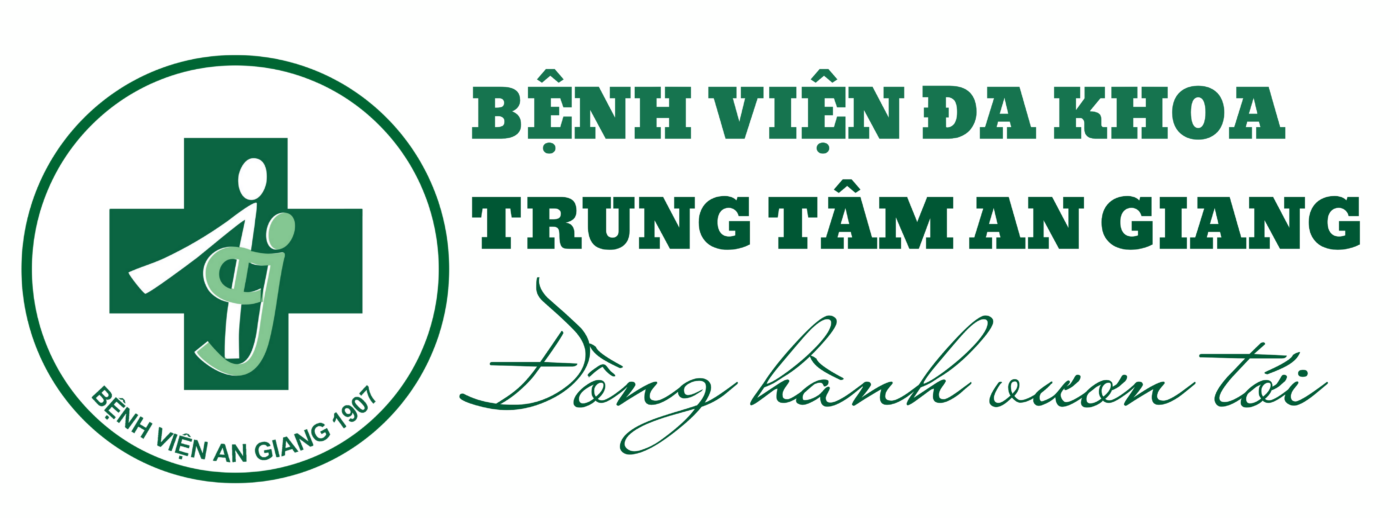Acta Paediatr. 2004 Nov;93(11):1437-42.
Brown N, Roberts C.
MRC Environmental Epidemiology Unit, Southampton General Hospital, Southampton, United Kingdom. n_janbrown@yahoo.co.uk
AIM: To determine the efficacy of intervention with high-dose vitamin A as an adjunct to standard treatment on outcome in acute lower respiratory tract infection in children in developing countries.
METHODS: A systematic review of double-blinded, randomized, controlled intervention studies of high-dose vitamin A or placebo in children aged between 1 mo and 6 y presenting with acute non-measles lower respiratory tract infection.
RESULTS: Five studies fulfilling the criteria were identified and included a total of 2177 children (1067 intervention, 1110 control). The main outcome measures were time to normalization of fever, respiratory rate and oxygen dependence, time to discharge, and mortality. On meta-analysis, there were no significant differences in any of the recovery measures or mortality between the intervention and control groups. Pooled results for recovery times are given showing difference in days to recovery days and 95% confidence intervals. Positive summary measures indicate faster recovery in the vitamin A group and negative in the placebo: fever: 0.03 (-0.10 to 0.17); oxygen requirement: -0.08 (-0.31 to 0.16); raised respiratory rate: -0.09 (-0.38 to 0.19); hospital stay: -0.06 (-0.52 to 0.40). Mortality was below 2% in both groups, with a non-significantly higher risk in the intervention group (odds ratio 1.16, 95% CI: 0.61-2.21).
CONCLUSION: There is no evidence from this meta-analysis that intervention with high-dose vitamin A improves recovery from pneumonia in children in developing countries aged from 1 mo to 6 y.





